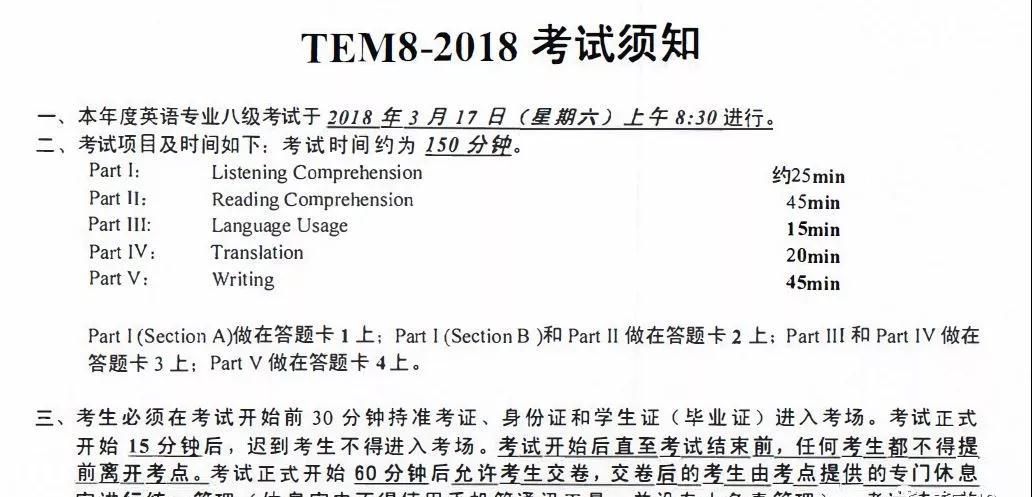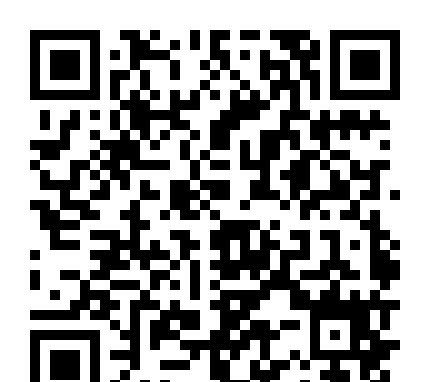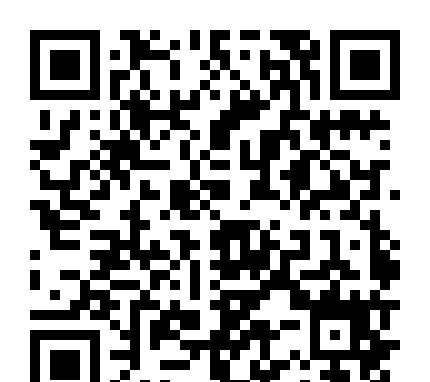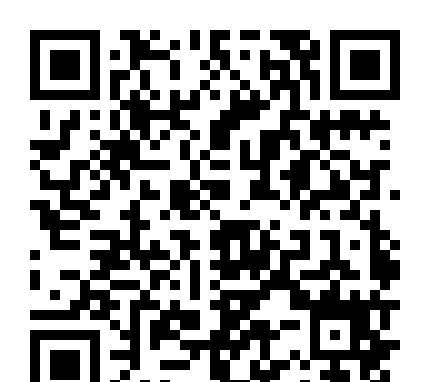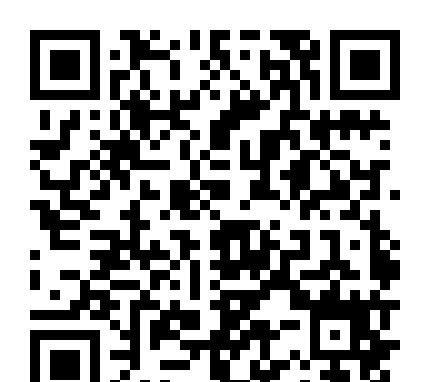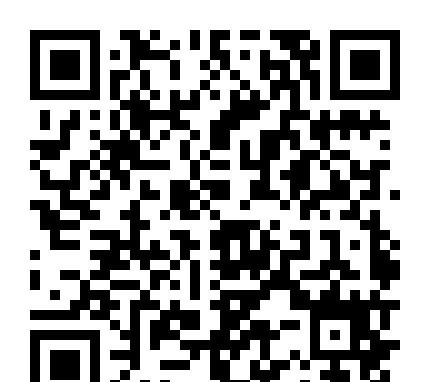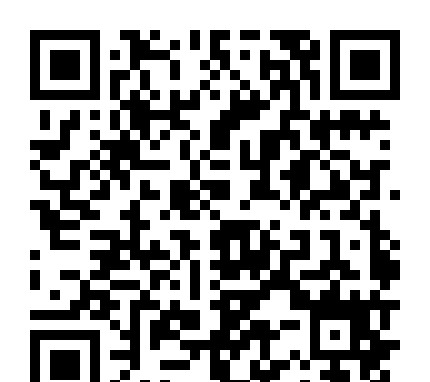金融法律辅导:法律英语导读(29)
|
Chapter 2—Search and Seizure: When the Police Can Search for and Seize Evidence The Fourth Amendment to the U.S. Constitution places limits on the power of the police to make arrests; search people and their property; and seize objects, documents and contraband (such as illegal drugs or weapons). These limits are the bedrock of ''search and seizure law." Search and seizure law is constantly in flux and so complex that entire books are devoted to it. This chapter answers the most basic questions that people might have about search and seizure law, but if you have more specific questions about arrest, see Chapter 3. Other resources go into search and seizure in more detail. Readers wanting additional information might want to consult Marijuana Law, by Richard Glen Boire (Ronin Publishing Inc., 1993); Search and Seizure, by Wayne LaFave (West Publishing Co., 4th ed., 5 Vols., 1996); or Criminal Justice, by James A. Inciardi (Harcourt, Brace, Jovanovich, Inc., 3d ed., 1990). (See Chapter 26 for more on legal research and using a law library.) Section I: The Constitutional Background This section provides an overview of the limitations on searches and seizures provided by the Fourth Amendment to the U.S. Constitution. 1. What Are the Search and Seizure Provisions of the Fourth Amendment All About? They are about privacy. Most people instinctively understand the concept of privacy. It is the freedom to decide which details of your life shall be revealed to the public and which shall be revealed only to those you care to share them with. To honor this freedom, the Fourth Amendment protects against "unreasonable" searches and seizures by state or federal law enforcement authorities. However, the Fourth Amendment does not protect against searches initiated by nongovernmental people, such as employers, landlords and private security personnel, unless the search is made at the behest of a law enforcement authority. Amendment IV The right of the people to be secure in their persons, houses, papers, and effects, against unreasonable searches and seizures, shall not be violated, and no Warrants shall issue, but upon probable cause, supported by Oath or affirmation, and particularly describing the place to be searched, and the persons or things to be seized. 从本节开始进入第二章搜查与逮捕,好漫长,有几个可以坚持下去啊? 本节的题目翻译句子: |


